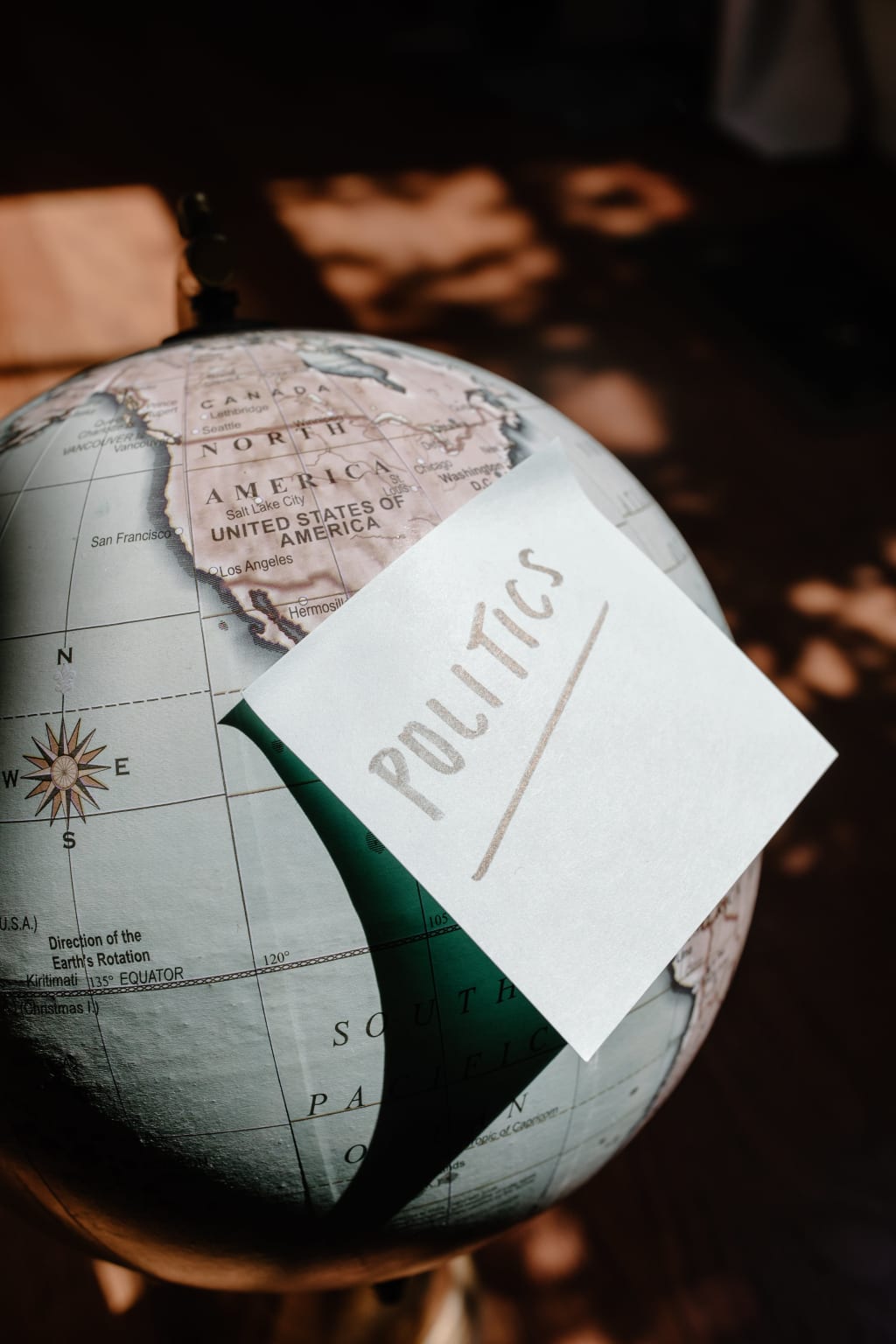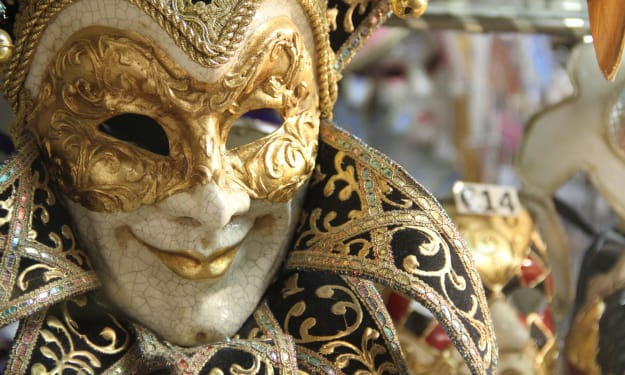Democracy and Monarchy
Possible Global Shift in Governance

Nations' fates have been influenced by the rise and collapse of various forms of government throughout political history. The world over, a prominent trend of the past few years has been the decline of democratic norms and the rise of monarchical tendencies. This change, which is sometimes referred to as "The Demise of Democracy and the Return of the King," has provoked a great deal of discussion and anxiety among academics, decision-makers, and general public. This essay aims to investigate the reasons for the deterioration of democracy and the return of monarchical values, with a global analysis of the consequences. Throughout the 20th century, democratic ideas expanded quickly as more countries came to embrace the values of individual rights, representative government, and the rule of law. However, as democracies confront both internal and external threats that threaten their fundamentals, the 21st century has witnessed a disturbing reversal of this tendency. The rise of authoritarian leaders around the world is one of the main causes of democracy's downfall. Strongman politics, which are defined by a single leader holding all the power, are becoming more and more common in many parts of the world. The durability of democratic regimes is seriously threatened by leaders who take advantage of populist emotions and subvert democratic institutions. A free press, a strong civil society, and engaged public engagement are essential to democracies. Regretfully, in many democracies, there has been an obvious decline in civic values. The democratic fabric has been undermined by polarization, disinformation, and a decrease in political participation, making societies more susceptible to manipulation. Digital technology has transformed communication, but it has also presented new difficulties for democratic processes. Democracies are now vulnerable to unanticipated risks due to the manipulation of information through social media, cyber warfare, and the use of advanced technologies to suppress opposition. A noticeable return to monarchical ideals has been observed in the face of these difficulties, with several countries indicating a revived interest in centralized and authoritarian forms of government. The modern expression of this trend indicates a desire for strong, centralized leadership, even though it does not represent a return to historical monarchy. Monarchical proponents believe that stability and effectiveness in government may be achieved by a single, powerful person. People who find democratic processes too slow may find the apparent decisiveness of a monarchical leader appealing in a world where crises demand quick responses. A common national identity and continuity symbol is the monarch. People may look to monarchical characters as representations of tradition and stability during uncertain times. In the face of globalization and the difficulties presented by various communities, the appeal to a shared history and cultural identity becomes an effective narrative. Some believe that by reducing bureaucratic obstacles and expediting decision-making procedures, a monarchical government can promote economic progress. According to this viewpoint, economic advancement and individual liberties must be bargained off in order to achieve the goal of quick development under centralized government. There will be significant effects on the international system from the move away from democratic ideals and toward monarchical ones. Although the circumstances are different in every country, there are general effects that cut across boundaries. The international commitment to democratic values and human rights is weakened by the collapse of democracies. The most common trait among autocratic leaders is their resistance to outside pressure for democratic reforms, which erodes the efficacy of global organizations that uphold democratic principles. Diplomatic ties may be strained by the return of monarchical ideals, particularly with nations that are dedicated to democratic administration. As countries with disparate political philosophies traverse intricate geopolitical environments, tensions may develop, which could result in disputes and decreased cooperation on global issues. The idea that democratic government is the best is called into question by the move towards monarchical principles. As countries differ in their approaches to governance, international organizations and alliances founded on democratic values may experience internal strife and a decline in credibility. The end of democracy and the return of monarchical values foreshadow a profound shift in the political environment around the world. The decision between democratic governance and centralized leadership becomes a defining aspect in defining the future as nations struggle with both internal and external forces. The consequences are extensive and intricate, encompassing matters related to human rights, diplomacy, and the fundamental essence of governance. A critical analysis of the forces at work and a dedication to democratic values will be crucial in navigating this changing landscape and shaping the direction of the world in the years to come.





Comments
There are no comments for this story
Be the first to respond and start the conversation.